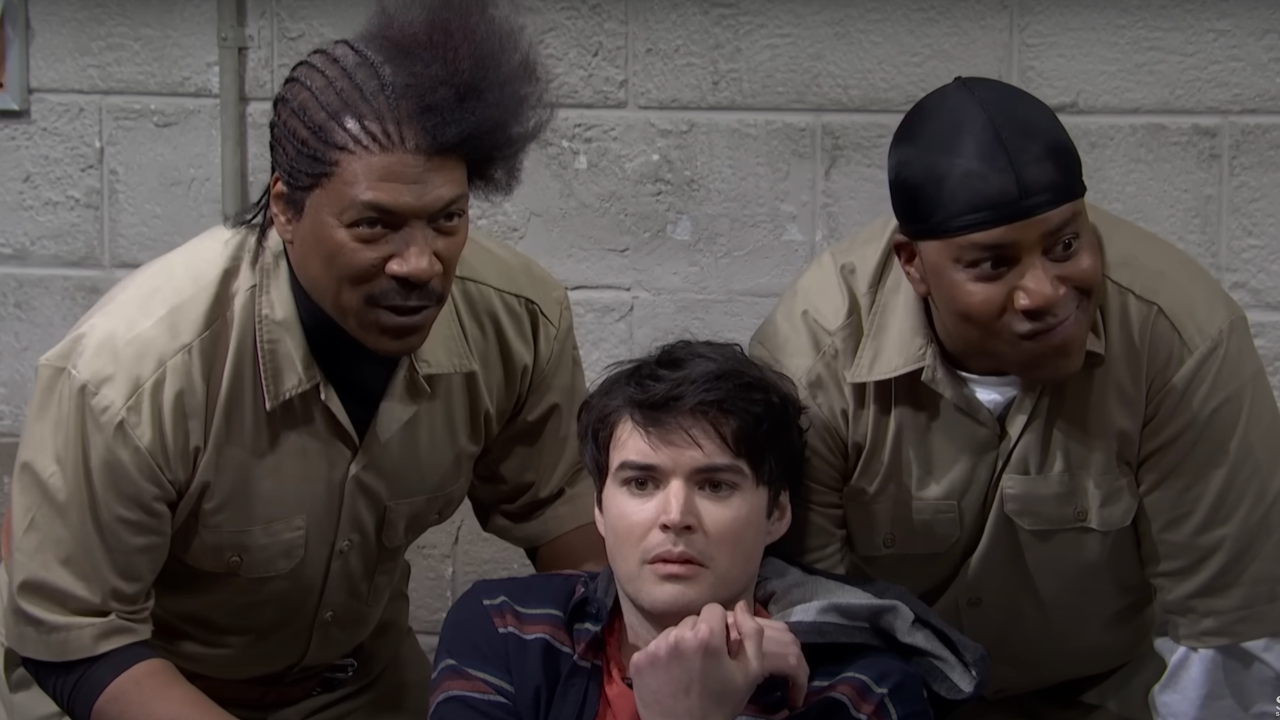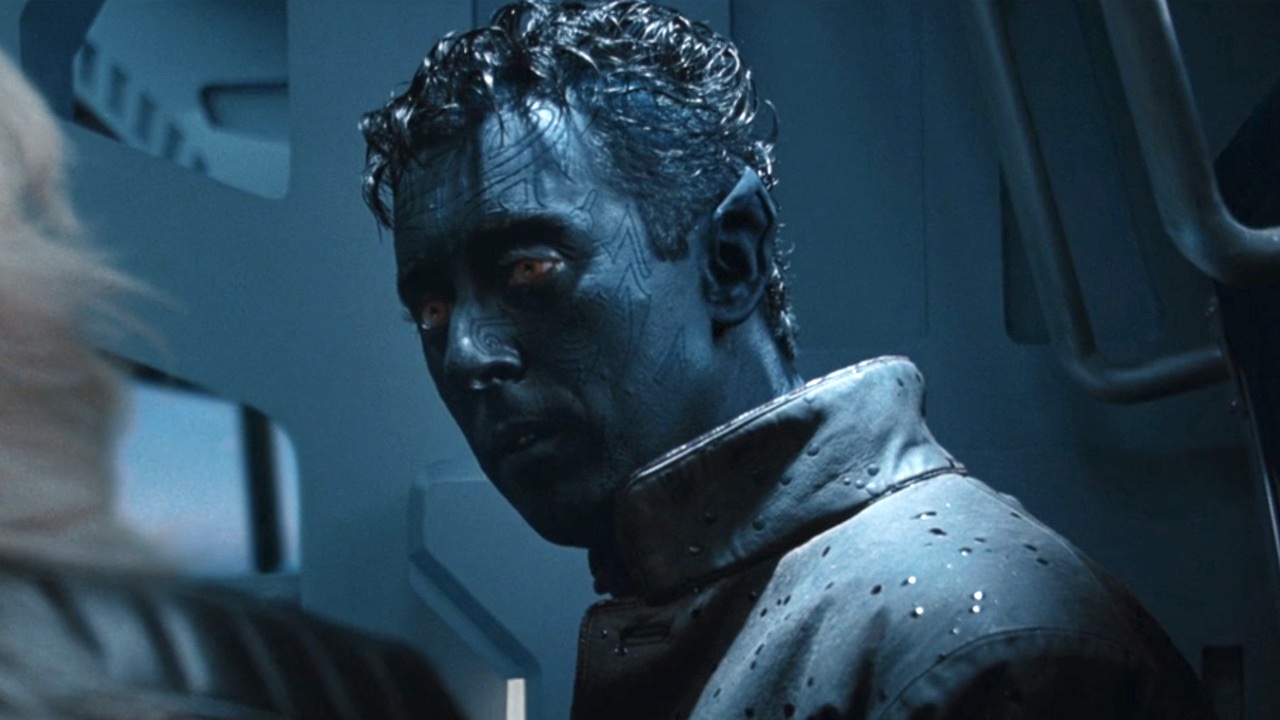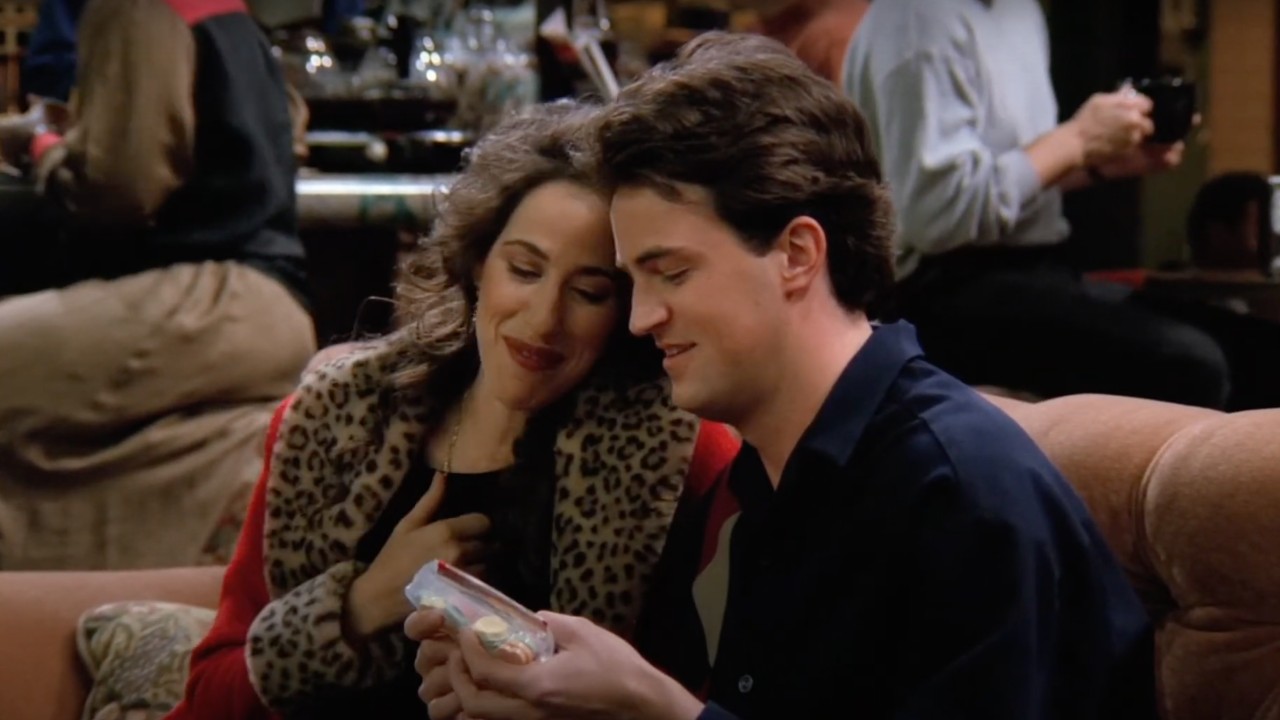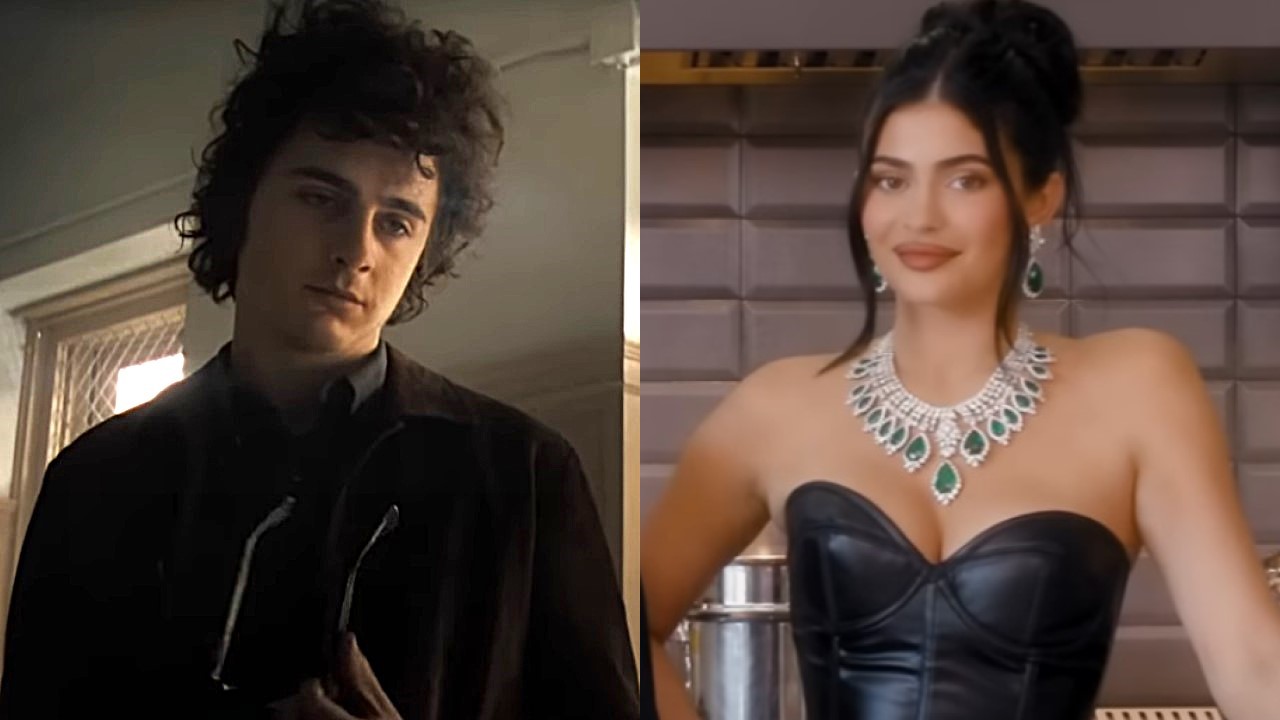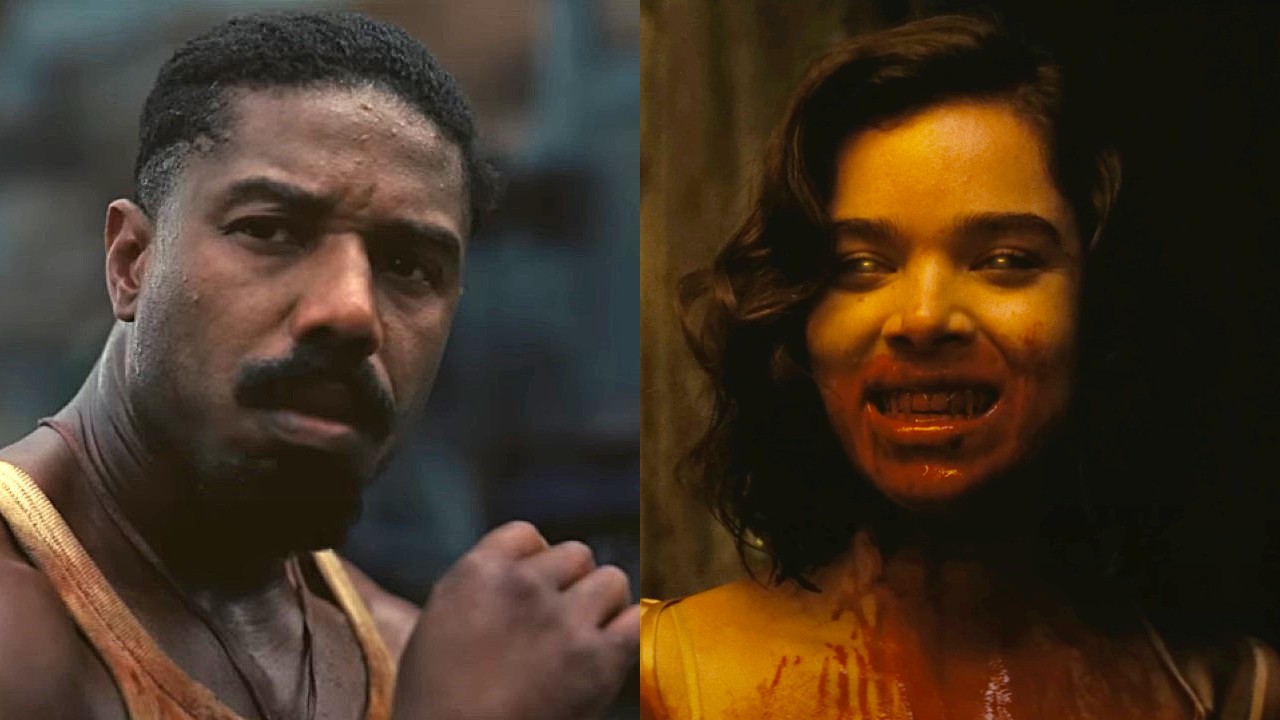The Flash Made Over $15 Million This Weekend. Why Its Box Office Drop Is So Notable
The Flash's second weekend at the box office is one for the record books, and not in a good way.
In its first weekend, The Flash won the domestic box office, though it did so in less-than-stellar fashion, failing to hit the numbers previously predicted for the big superhero movie. Still, if The Flash had continued to put up solid numbers in the following weeks, all would not be lost. Unfortunately, it looks like all is, probably, lost, as The Flash’s $15 million domestic box office from this past weekend is a 73% decline from last weekend, which is one of the most significant drops we’ve seen from a major tentpole release.
These days, especially when it comes to major studio releases, a significant drop from the opening weekend is to be expected. The fact is that most people who are really interested in a film see it as soon as it opens. A lot of movies with very strong opening weekends have very significant drops in their second weekend after the most excited part of the crowd has seen the film. For example, Harry Potter and the Deathly Hallows Part 2 saw a 72% drop in its second weekend, but that was a drop from an opening weekend of $169 million, so the second weekend was still a decent number.
The Flash has made over $120 million internationally, but the studios often take home a far smaller percentage of ticket sales from other nations, so while the film's total box office of $210 million does cover the movie's reported $200 million budget, WB hasn't actually seen that much money yet, and when you add in marketing costs, The Flash still has a lot of ground to make up if it's going to turn a profit.
What makes The Flash’s 73% drop even more significant since it’s a big fall from a number that wasn’t that high to begin with. The Flash’s 73% drop, is bigger than that of the much-maligned Batman v Superman: Dawn of Justice, which saw a 69% drop from an opening weekend of $166 million.
In fact, it’s on par with Morbius which saw an even weaker opening than Flash, at $39 million, followed by a nearly 74% drop to just over $10 million in its second weekend. Morbius at least was dealing with a brand new character that not all moviegoers were familiar with. The Flash was certainly expected to do better if only because of the character’s audience recognition.
If the movie had seen a less significant drop, it could have indicated The Flash was going to end up financially successful eventually. If word of mouth had been strong following the opening weekend, resulting in more people visiting the theater, The Flash could have seen several weeks of solid numbers, resulting in ultimate success. Other films, like Jumanji: Welcome to the Jungle and The Greatest Showman have become huge successes using this method.
By comparison, Pixar’s Elemental which saw a comparatively bad start to its box office last weekend, saw a significantly lower drop in its second weekend, only 37%. The fact that Elemental didn't have far to fall was certainly part of the reason for the low second-weekend drop, but it also meant Elemental actually finished in second place for this weekend ahead of The Flash.
CINEMABLEND NEWSLETTER
Your Daily Blend of Entertainment News
The Flash has now brought in barely over $200 million worldwide, and considering it had an estimated budget of around that, it seems all but certain the movie is going to follow Black Adam and Shazam!: Fury of the Gods into the realm of underperforming DC films. Eyes will certainly be on the forthcoming DC movies, especially Aquaman and the Lost Kingdom, as the first Aquaman movie is the most financially successful of the entire franchise.

CinemaBlend’s resident theme park junkie and amateur Disney historian, Dirk began writing for CinemaBlend as a freelancer in 2015 before joining the site full-time in 2018. He has previously held positions as a Staff Writer and Games Editor, but has more recently transformed his true passion into his job as the head of the site's Theme Park section. He has previously done freelance work for various gaming and technology sites. Prior to starting his second career as a writer he worked for 12 years in sales for various companies within the consumer electronics industry. He has a degree in political science from the University of California, Davis. Is an armchair Imagineer, Epcot Stan, Future Club 33 Member.



